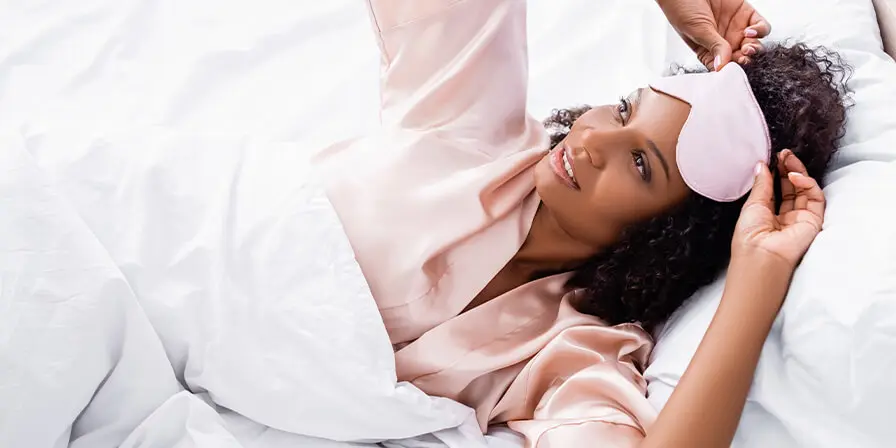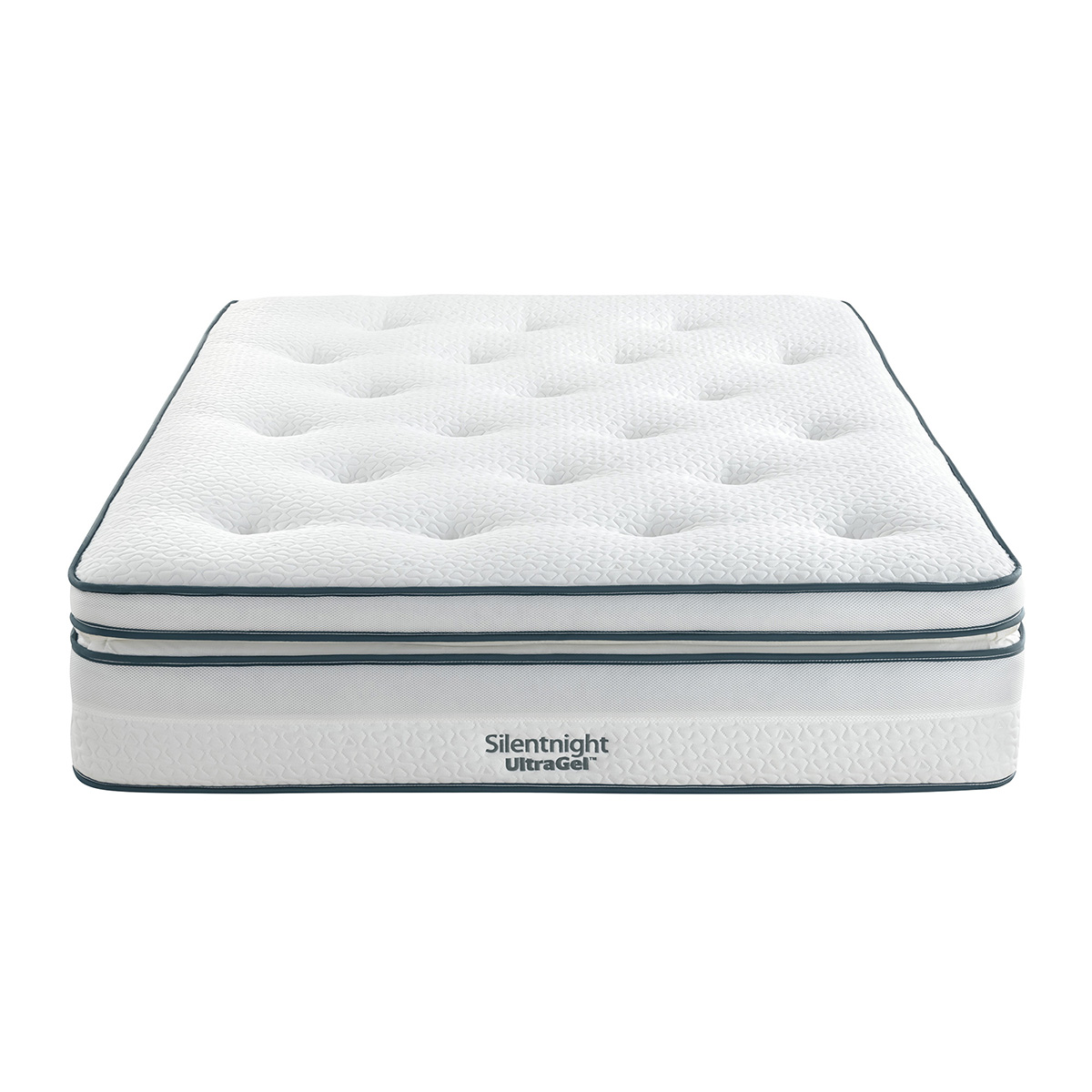why is sleep so important? the benefits of sleep

Sleep is like your body’s natural recharge button, helping you wake up refreshed, alert and ready to take on whatever the day brings. Just like eating well and staying active, getting enough quality sleep is key to feeling your best – both physically and mentally. Let’s explore what sleep really is, how it helps you and what happens when you don’t get enough of it.
what exactly is sleep?
Sleep is a natural state where your body and mind take a break, but it’s far from “switching off.” While you rest, your brain stays busy working behind the scenes, supporting everything from your immune system to your memory. Sleep keeps your mind sharp and your body healthy – it’s like the ultimate reset for both. When you don’t get enough sleep, it’s harder to focus, stay positive or fight off illnesses. That’s why making time for rest is so important for living well.
the benefits of quality sleep
Getting 7-9 hours of quality sleep each night can work wonders for your mind and body. Here’s how:
Improved focus and energy: a good night’s sleep helps you stay alert and energised throughout the day. Without it, it’s harder to concentrate, make decisions or react quickly, which can lead to mistakes or accidents.
Supports a healthy weight: when you’re sleep-deprived, your body often craves high-calorie snacks to keep you going. Sleep helps balance hunger hormones, making it easier to stick to healthy eating habits.
Boosts your immune system: quality sleep gives your body the chance to recover and fight off infections. It’s like giving your immune system a tune-up every night.
Helps you feel emotionally balanced: sleep is just as important for your mental health as it is for your physical health. When you’re well-rested, it’s easier to manage stress, stay calm and enjoy a more positive outlook.
Strengthens learning and memory: while you sleep, your brain processes the day’s events, helping you remember what you’ve learned and even solve problems more easily. It’s like your brain’s filing system, organising everything for the next day.
the science of sleep
Your body’s sleep-wake cycle is guided by your circadian rhythm – basically, your internal body clock. This 24-hour cycle is influenced by light and a natural chemical called adenosine. Adenosine builds up throughout the day, making you feel sleepy, before it gets cleared away while you sleep so you wake up refreshed.
Light plays a big role in this process. When your eyes detect light, they signal your brain to hold back melatonin, the hormone that makes you feel sleepy. As it gets darker, melatonin levels rise, helping your body prepare for rest.
the stages of sleep
Sleep isn’t a simple switch that turns off your mind for the night. Instead, it’s made up of four distinct stages that your body cycles through several times, lasting roughly 90-120 minutes per cycle. According to the NHS, these stages shift between light and deep sleep and are split into two main types: non-REM sleep and REM sleep.1
Each stage plays a key role in helping you wake up feeling rested. During the first half of the night, your body focuses on physical repair, thanks to deep non-REM sleep. As the night progresses, REM sleep becomes more dominant, supporting emotional balance and memory processing. Cycling through these stages multiple times a night allows your body to balance these important functions.
Let’s take a closer look at each stage:
1. light sleep
This is the first stage where you’re just starting to drift off. It’s a transitional phase, which you can be woken easily from by small sounds or movements. Your breathing slows, your heart rate begins to drop, and your muscles start to relax. This stage only lasts a few minutes but sets the foundation for deeper sleep.
2. deeper sleep
Here, your body starts to truly unwind. Your muscles relax further, your body temperature drops and eye movements stop. You’re still somewhat aware of your surroundings but if undisturbed you’ll naturally progress to the next stage. This phase is the longest in the cycle and ensures your body is ready for deep restorative sleep.
3. deep sleep
Also known as slow-wave sleep, this stage is when your body is at its most relaxed. Your breathing and brain waves slow down significantly, and waking up during this phase can feel disorienting. This stage is thought to be when most physical repair occurs, including tissue growth and immune strengthening. During the first third of the night, this phase is particularly important as it allows your body to recharge after a long day.
4. REM sleep
Around 90 minutes after falling asleep, your body enters REM (rapid eye movement) sleep. During this phase, your brain becomes highly active, similar to when you’re awake which is why dreaming commonly occurs. REM sleep helps process emotions, consolidate memories and support learning, making it essential for your mental wellbeing.
REM sleep cycles get longer as the night progresses, allowing your brain to focus more on emotional and cognitive restoration in the early morning hours.
what happens if you don’t sleep
Not getting enough sleep can leave you feeling groggy, irritable and unfocused. It can also weaken your immune system, make it harder to manage your weight, and even put you at risk of long-term health issues.
If you’re struggling to sleep, creating a bedtime routine can help. A calm, cool bedroom and a comfortable mattress can make it easier to relax and drift off. Even small changes like sticking to a regular sleep schedule can make a big difference in how you feel every day.



























